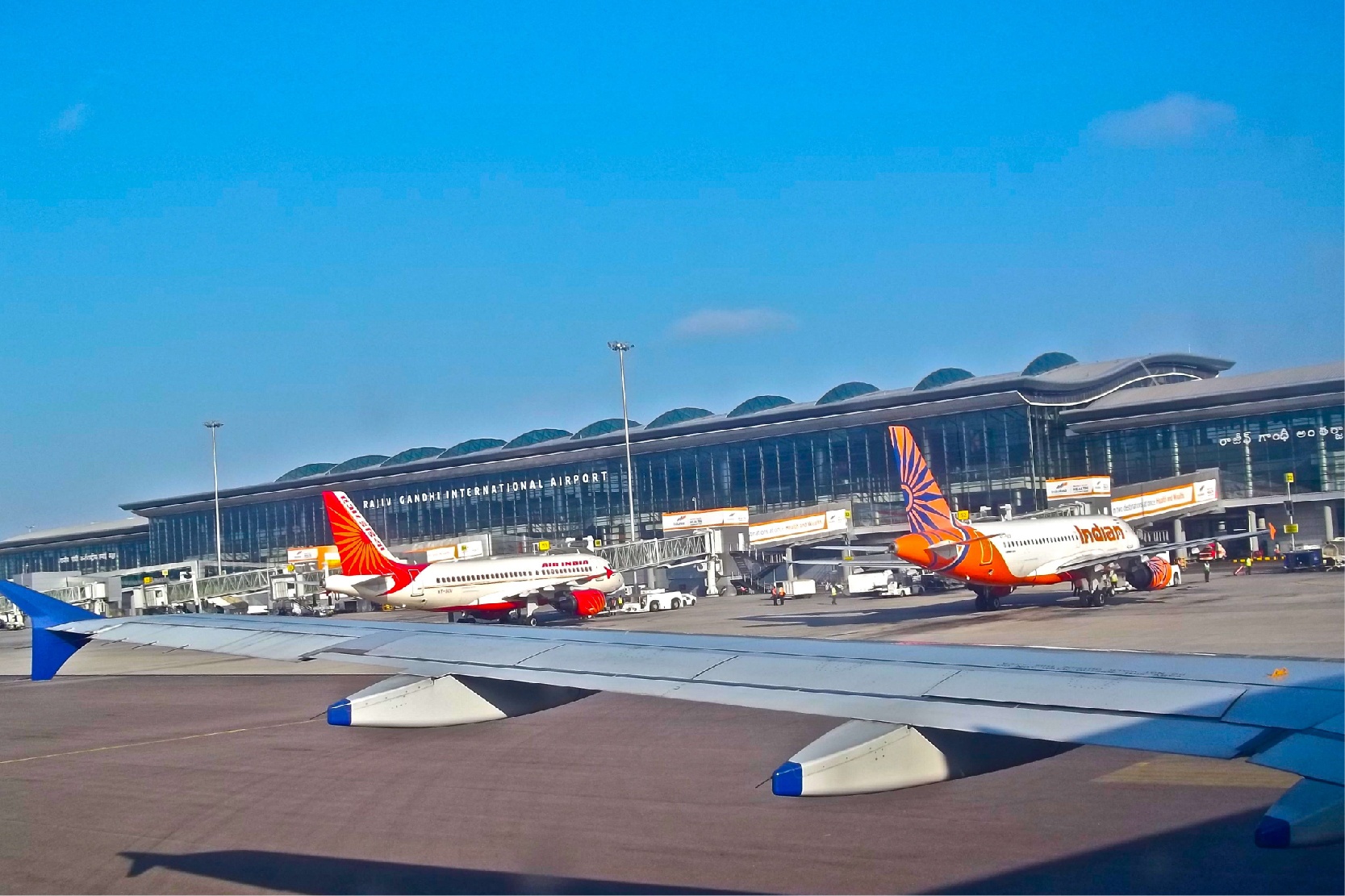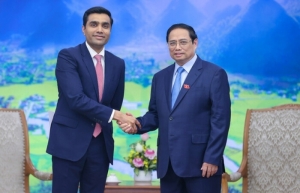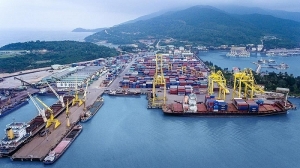Indian government protects aircraft fleets from unscrupulous lessors
 |
In India, the world's third-largest aviation market, Prime Minister Narendra Modi's government recently decided not to allow lessors and vulture funds to withdraw aircraft, request de-registration and force the export of aircraft.
According to Cirium, a data and advanced analytics solutions provider for the aviation industry, India is one of the world's top large aircraft leasing markets. Up to 75 per cent of aircraft were delivered to India in the form of sales and lease back contracts between 2018 and 2022, much higher than the world average of 35 per cent.
The move by the Indian government comes after Go First Airlines filed for bankruptcy protection, shutting down on May 3. Lessors had requested to deregister and withdraw 54 aircraft from Go First Airlines. Three businesses that lease aircraft to SpiceJet, another Indian airline, also submitted an application to the Civil Aviation Authority of India in early May, requesting the de-registration of four SpiceJet aircraft.
The Indian government has announced that it will not allow the lessors to take operating aircraft out of the country without an agreement with the airlines. The Aviation Working Group (AWG) has downgraded Indian aviation's score from 3.5 to 3.0 but the government and airlines are not maying much attention to this news, indicating that the lessors have already earned too much money from leasing aircraft in this booming market.
The decision by the Indian government reflects the views of regulatory bodies and governments in other countries. It aims to protect their aviation operations and fleets against the 'attacks' of several leasing organisations and vulture funds, regardless of whether airlines wish to continue operating aircraft to restore aviation activities and financial obligations post-pandemic, mutually beneficial cooperation agreements, or the situation of force majeure due to the epidemic.
These signs may affect the recovery of the aviation industry, so governments and regulatory agencies need to take action to protect the fleet and the interests of airlines. This will help eliminate risks and prevent economic organisations and lessors from profiteering.
 | Indian conglomerate Adani Group commits $10 billion to propel expansion in Vietnam Vietnamese Prime Minister Pham Minh Chinh held a formal meeting with the CEO of Adani Ports and Special Economic Zone - a prominent subsidiary of India's Adani Group – Karan Adani on May 24. This high-level encounter shed light on compelling investment opportunities and potential collaborations, signalling an exciting chapter of economic growth for both nations. |
 | India's Adani Group proposes $2 billion seaport in Vietnam The Indian-based conglomerate Adani Group has proposed developing a $2 billion seaport in Vietnam, while also investing in wind and solar power plants. |
 | Indian self-drive car rental platform ZoomCar ceases operations in Vietnam The Indian self-drive rental application ZoomCar, which has been operating in Vietnam for nearly a year and a half, has announced the cessation of its operations from May 24. |
What the stars mean:
★ Poor ★ ★ Promising ★★★ Good ★★★★ Very good ★★★★★ Exceptional
Related Contents
Latest News
More News
- Russian President congratulates Vietnamese Party leader during phone talks (January 25, 2026 | 09:58)
- Worldwide congratulations underscore confidence in Vietnam’s 14th Party Congress (January 23, 2026 | 09:02)
- Political parties, organisations, int’l friends send congratulations to 14th National Party Congress (January 22, 2026 | 09:33)
- 14th National Party Congress: Japanese media highlight Vietnam’s growth targets (January 21, 2026 | 09:46)
- 14th National Party Congress: Driving force for Vietnam to continue renewal, innovation, breakthroughs (January 21, 2026 | 09:42)
- Vietnam remains spiritual support for progressive forces: Colombian party leader (January 21, 2026 | 08:00)
- Int'l media provides large coverage of 14th National Party Congress's first working day (January 20, 2026 | 09:09)
- Vietnamese firms win top honours at ASEAN Digital Awards (January 16, 2026 | 16:45)
- ASEAN Digital Ministers' Meeting opens in Hanoi (January 15, 2026 | 15:33)
- ASEAN economies move up the global chip value chain (December 09, 2025 | 13:32)

 Tag:
Tag:




















 Mobile Version
Mobile Version